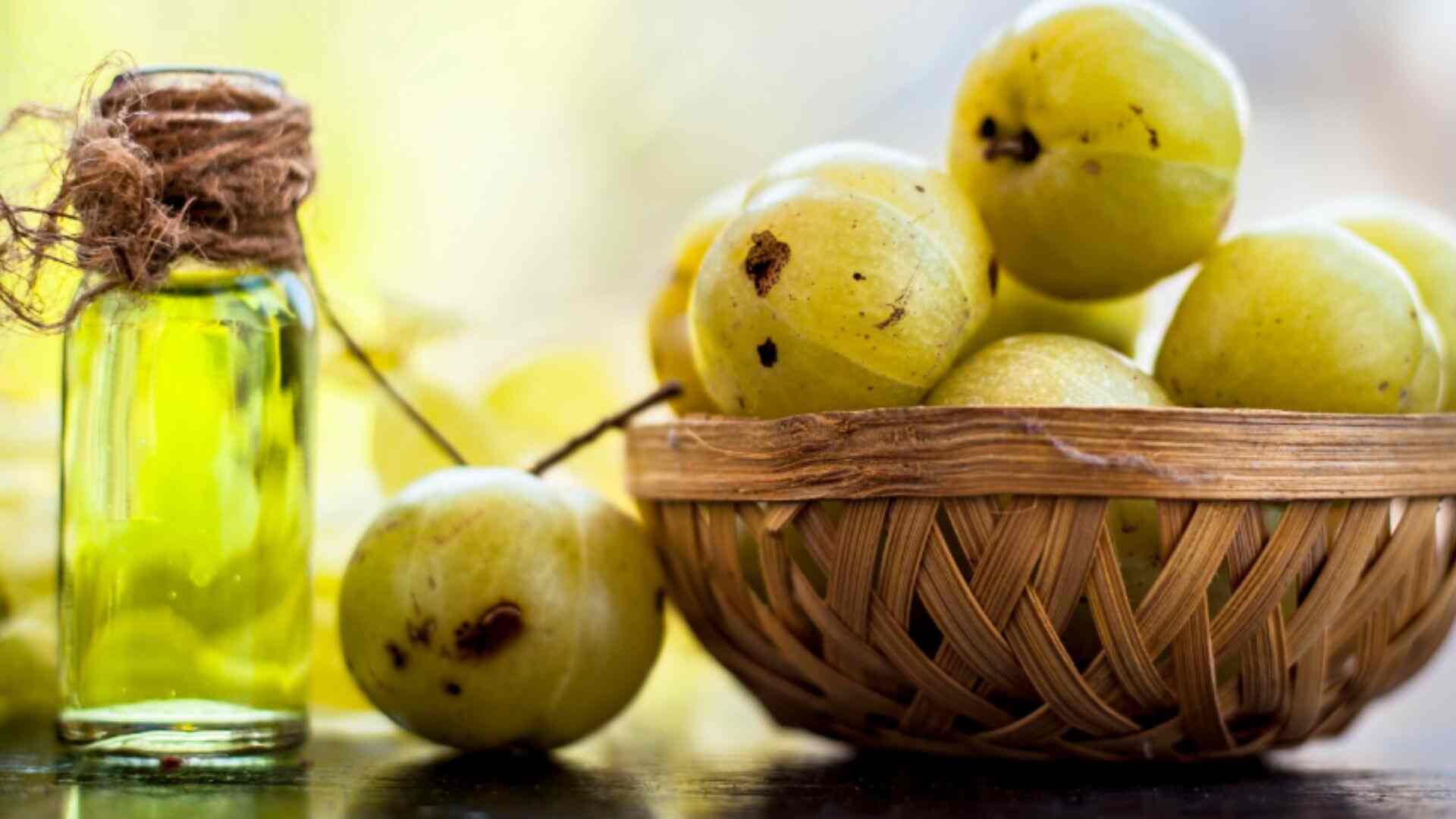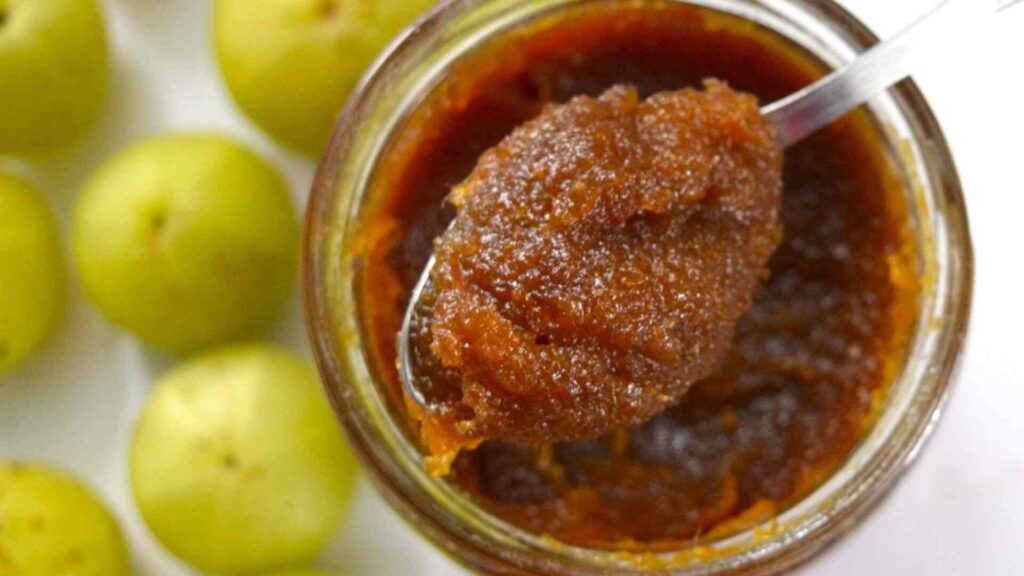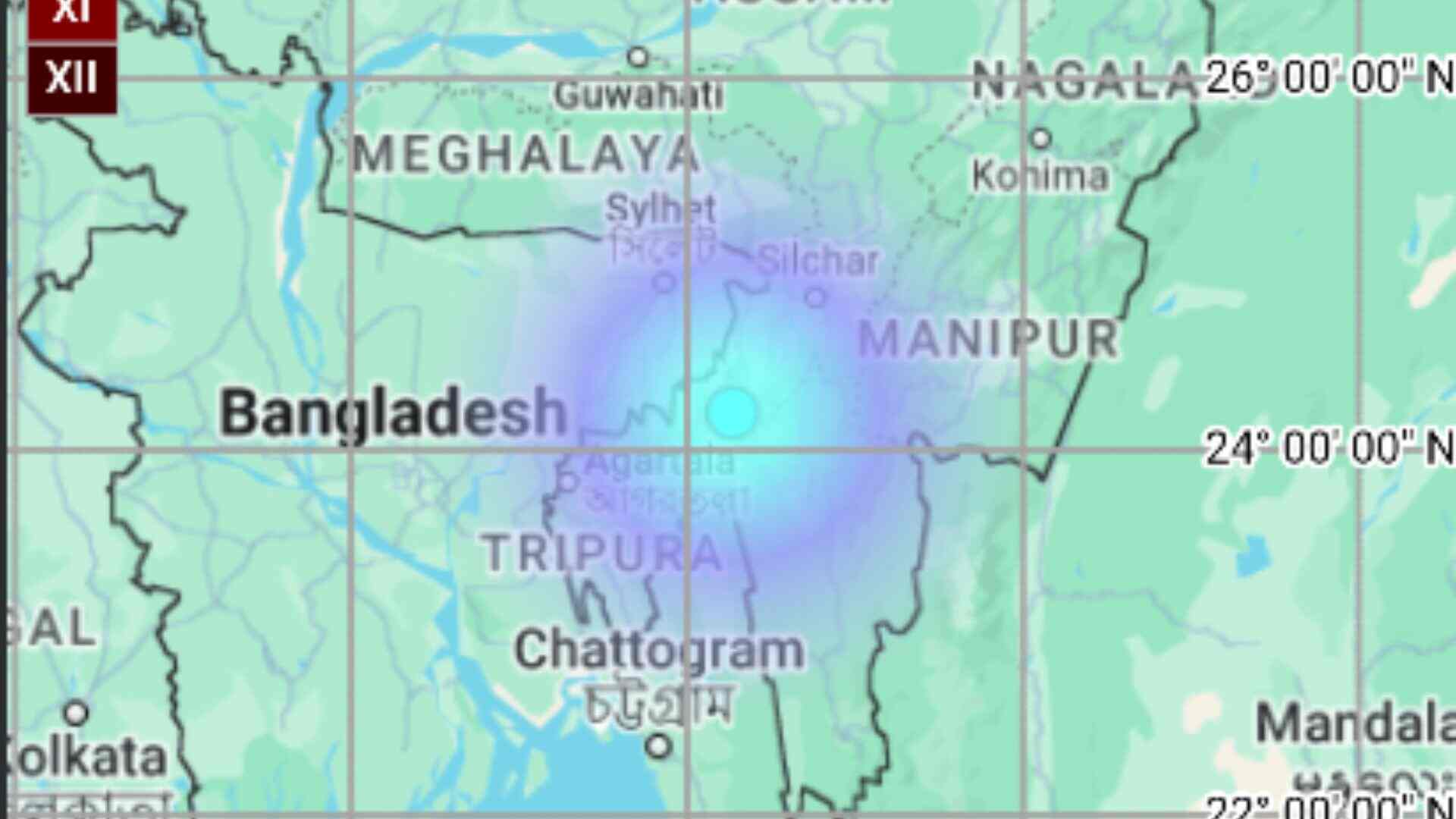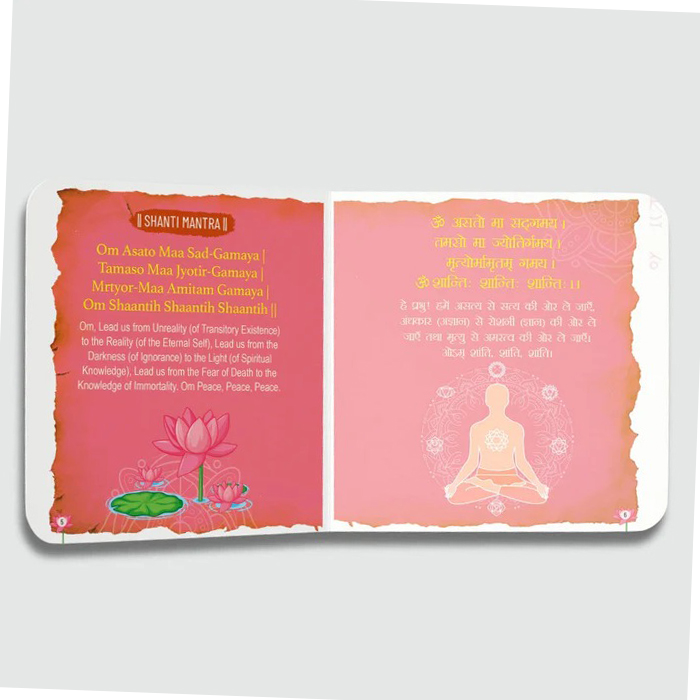
Iron deficiency anemia is a common concern among women, especially during their menstrual cycles when significant blood loss can lead to a depletion of iron stores. In this context, the potential of gooseberry jam as a natural remedy to address iron deficiency has garnered attention.
Gooseberries, also known as amla, are a rich source of vitamin C, which plays a crucial role in enhancing the body’s absorption of non-heme iron – the type of iron found in plant-based foods. When consumed alongside iron-rich foods, the vitamin C in gooseberries can help improve the bioavailability of iron, making it more readily accessible for the body to utilize.
Incorporating gooseberry jam into the diet can be an effective way to combat iron deficiency, particularly during menstruation. The jam not only provides a concentrated source of vitamin C but also contains iron from the gooseberries themselves. This dual-pronged approach can help replenish iron stores and alleviate the symptoms of anemia, such as fatigue, weakness, and dizziness.

To incorporate gooseberry jam into your diet for managing iron deficiency during menstruation, consider the following tips:
When adding gooseberry jam to the diet for iron supplementation during menstruation, it’s important to consider the overall nutritional profile of the jam, including its sugar content. Dr. Vikal suggests ensuring that gooseberry jam complements other iron-rich foods and sources of nutrients necessary for overall health. Dr. Kanwar recommends that individuals with digestive issues or allergies consult with a healthcare professional before consuming gooseberry jam.
In conclusion, while gooseberry jam can contribute to iron absorption due to its vitamin C content, it should not be relied upon as the sole solution for iron deficiency during menstruation. A balanced diet with multiple sources of iron and other nutrients is essential for maintaining overall health.















